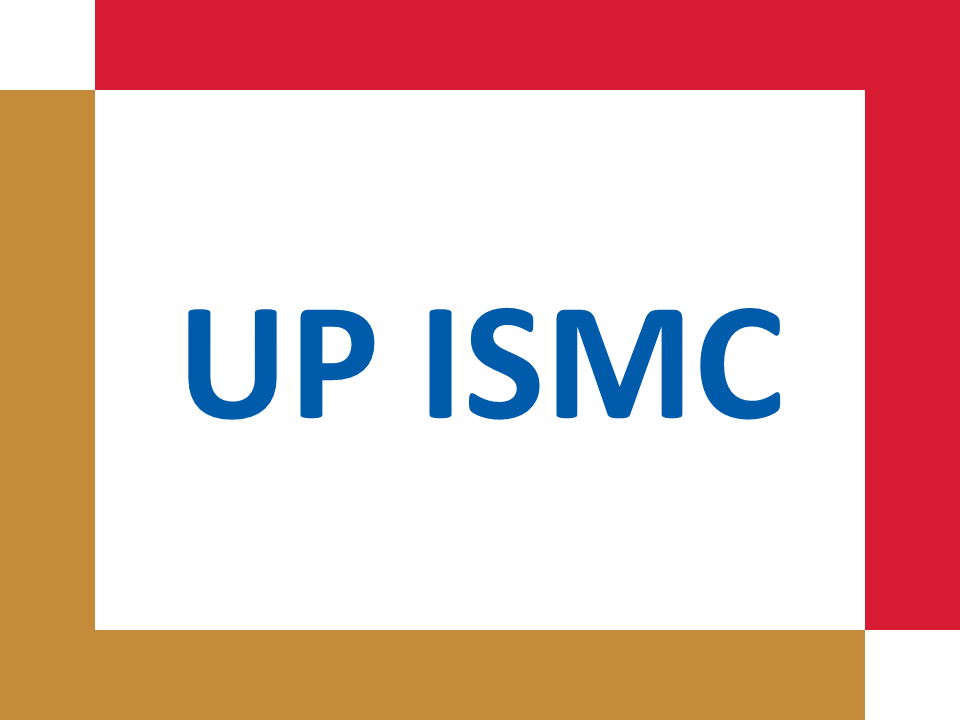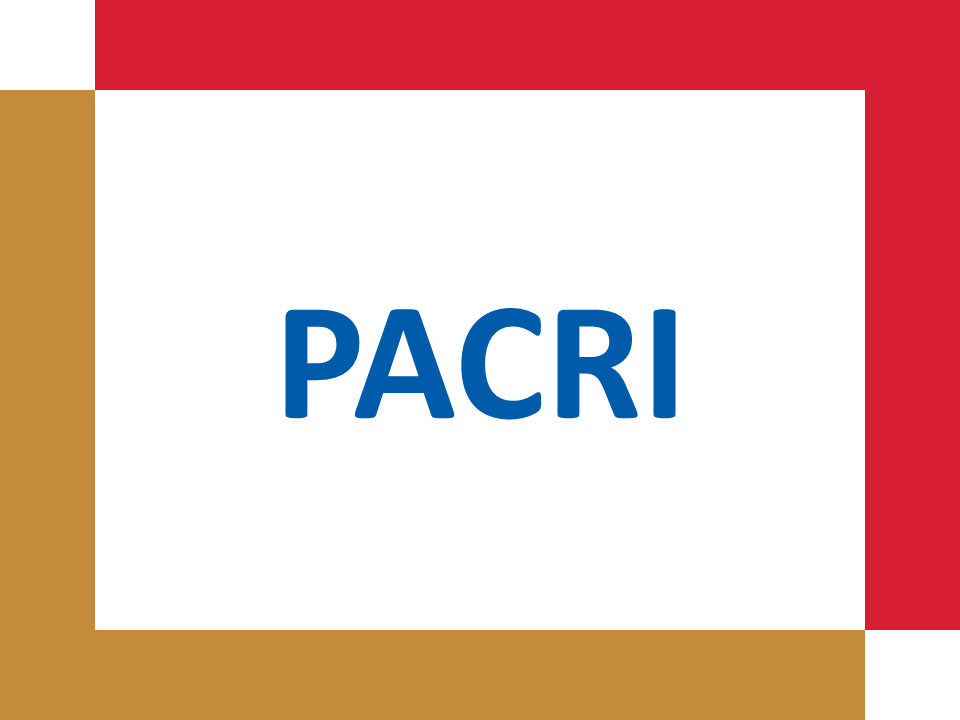| Research Unit | Basic Information |
|---|---|
 |
The UP Institute for Sustainable Malaria Control (ISMC), based at the University of Pretoria, coordinates and promotes research programmes (in partnership with other organisations) that focus on new approaches to safe and sustainable malaria control and management. Key focus areas
|
| For more information, kindly visit the UP ISMC main webpage, or visit the MRC website | |
 |
Cancer is a major public health problem across the globe, but is a rapidly growing problem in South Africans. The World Health Organisation (WHO) reported in 2010 that cancer is a leading cause of death worldwide, including Africa and the BRICS countries. Perhaps most notably, while HIV positive people used to be at risk of developing specific, HIV-dependent cancers such as Kaposi's sarcoma (KS) and non-Hodgkin's lymphoma (NHL), antiretroviral therapy (ARV) can prevent these deadly diseases. However, HIV positive patients are at substantially enhanced risk of other cancers, such as cervical, oesophageal, liver, bladder and stomach cancers even when treated with ARVs. Thus, a critical knowledge gap and unmet medical need is understanding the molecular basis of these deadly cancers, which is likely to be different in South Africa from European or US populations where most of the research has so far been done such that discovery of targets for the development of novel and more effective targeted therapies can be achieved. The overarching goal of this multidisciplinary project is to establish an international network, with South Africa as a hub, to map the molecular landscape deriving cancers that South Africans are at high risk of, and to discover the molecular drivers of cervical and oesophageal cancers; discovery of novel targets for the development of novel targeted therapeutics. The Unit will enable development of new strategies for early interventions to reduce the risk and associated high incidence of cervical and oesophageal cancer in South Africa. Our working hypothesis is that alterations in how RNA is expressed in individual patients with HIV-associated cervical and oesophageal cancers could lead us to weaknesses in the cancer armoury allowing us to use these changes in clinical decision-making – which drugs to treat which patients. We propose to test these hypotheses by sequencing samples from patients with HIV-associated cervical and oesophageal cancers and matched control samples using next generation RNA-sequencing (RNA-Seq). To achieve this goal, we shall undertake the following specific objectives: Objective 1: Identify and comprehensively characterise the potential common and country-specific risk factors underlying high cervical and oesophageal cancer incidences and mortality rates in South Africa, Tanzania and BRICS countries. We will comprehensively characterize the patients affected by these two HIV-associated malignancies and develop a cohort and collect biospecimens for RNASeq studies. Objective 2: Define the RNA and splicing landscape of cervical and oesophageal cancers to determine whether splicing and expression alterations differ between and among populations from Low-Middle Income Countries (LMICs) and developed countries by comparing patient samples from South Africa with sequencing data from the US and UK. We will also investigate the effect of licenced drugs, natural products and novel synthetic compounds on these perturbations on cancer cell lines using RNA-sequencing. Objective 3: Investigate the therapeutic potential of micro-RNAs and their mRNA and pathway targets in HIV-associated cervical and oesophageal cancer. Regulation of these potential biomarkers could be altered by natural products derived from South African medicinal plants and these could be used for targeted therapy by affecting the entire molecular networks and biological pathways involved in cervical and oesophageal cancer. Objective 4: Conduct pre-clinical and clinical trials of natural products to investigate the anti-tumour and anti-metastasis efficacy using tumour grafts (TGs) grown in the laboratory or patient derived xenografts (PDXs) grown in mice. Grafts will be developed for cervical and oesophageal cancers. This will be a new way to study how well natural and synthetic compounds could be developed as new cancer drugs. |
| For more information, kindly visit the CRI webpage, or MRC website | |
 |
This Unit was established in September 1997 and strives to increase the quality of life of South African mothers and their babies. Its mission is to develop health strategies at primary and secondary care levels for mothers and infants by researching solutions to specific problems which are generally acceptable to the women, health care workers and health administrators involved. Each research programme runs through four phases:
The Unit uses the ICA Solution audit system as a basis for identifying the problems. The Perinatal Problem Identification Programme (PPIP) - a computer-based perinatal care audit system - was the original system that was developed using the ICA Solution audit system, and the methodology has since been expanded over the years to include audits on severe maternal morbidity, maternal mortality and infant mortality. |
| For more information, visit the official MFNCHCS webpage or the MRC Centre website | |
Copyright © University of Pretoria 2025. All rights reserved.
Get Social With Us
Download the UP Mobile App